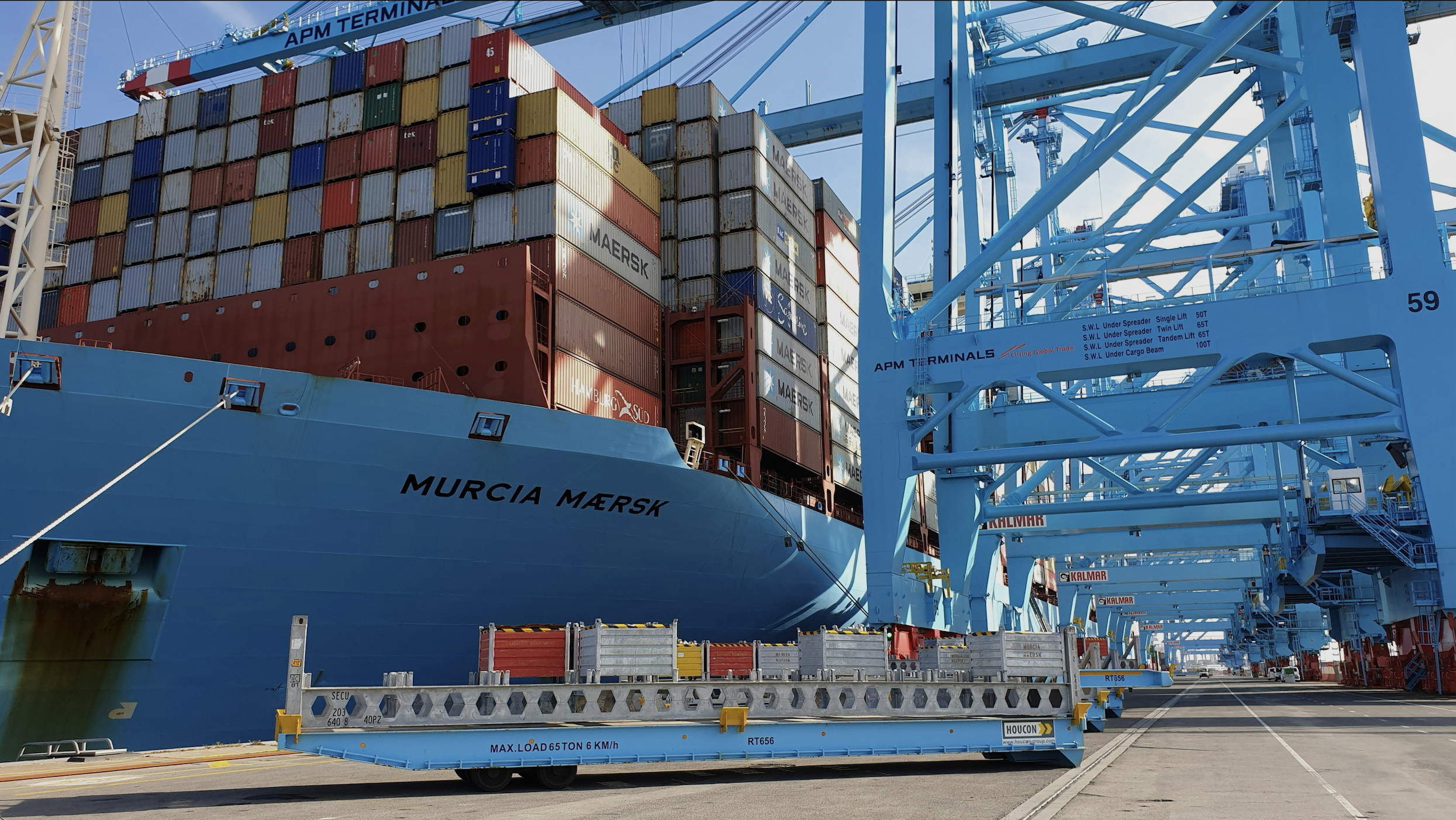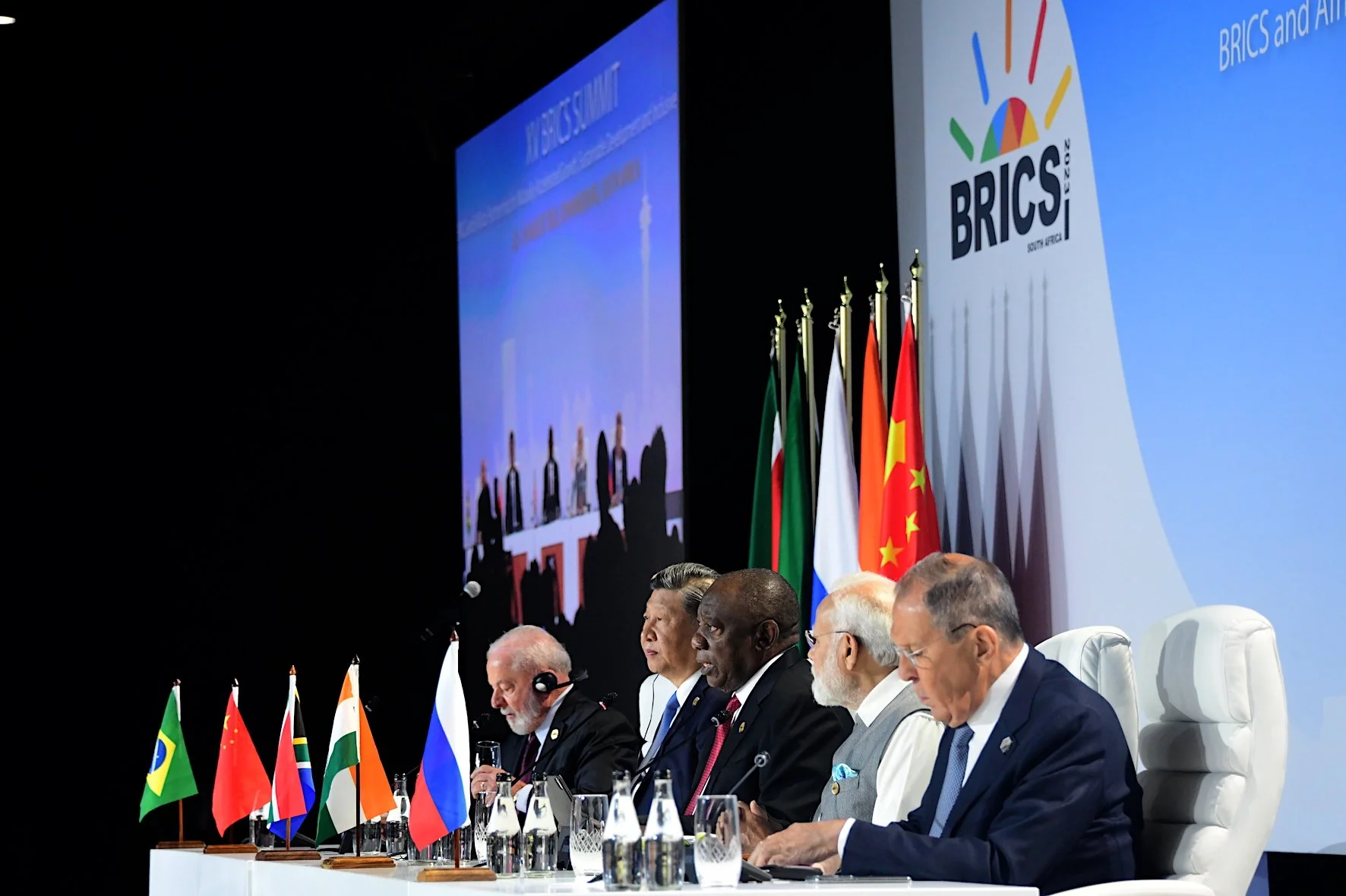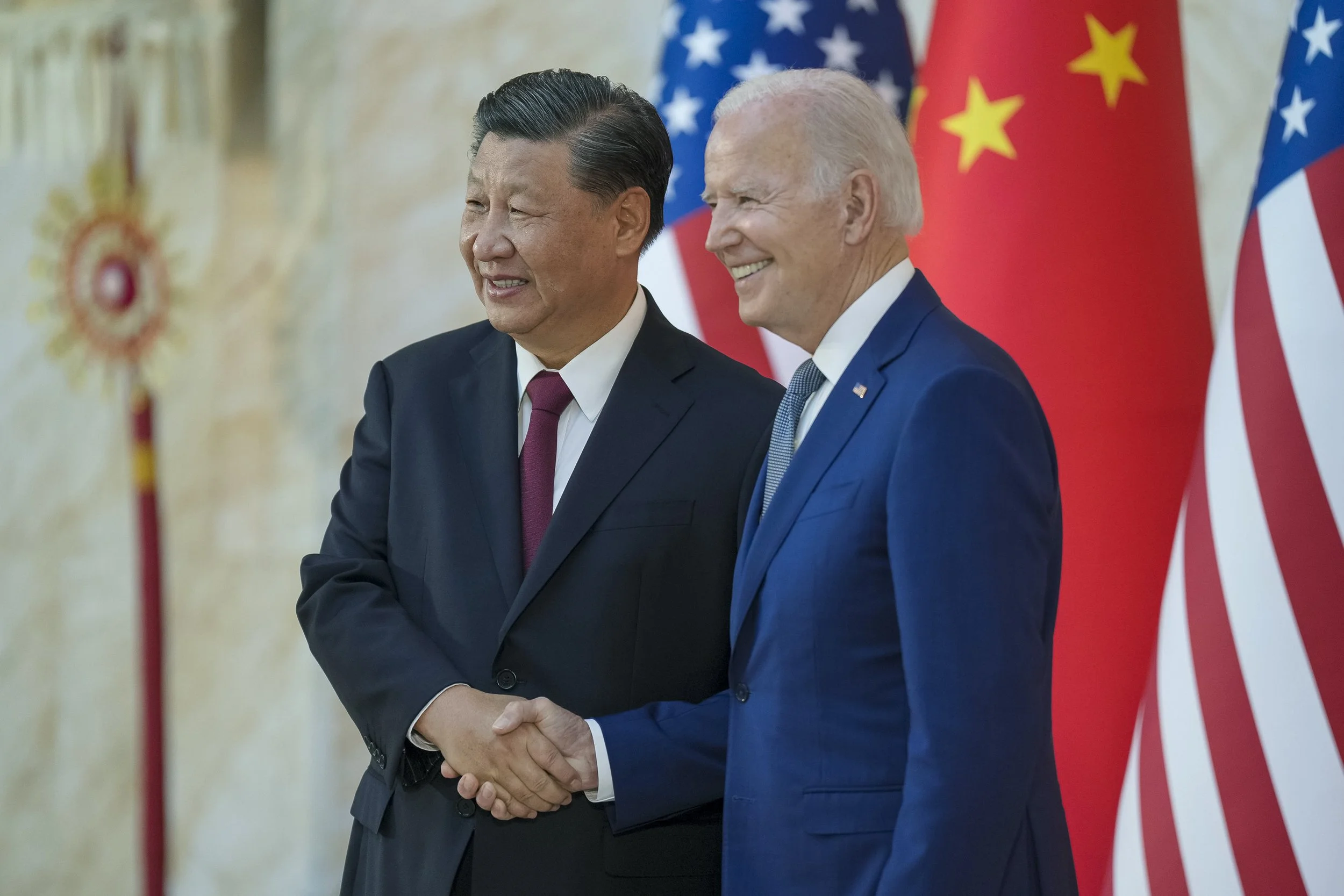Written by Andrew Gordan
Global digital finance will also increasingly become entangled with broader structures of major power competition, particularly in the Indo-Pacific. Anxiety about Chinese economic influence in Oceania has likely driven India to pitch the Pacific Islands on digital infrastructure, inking an agreement on DPI with Fiji in November 2024.
Read More
















